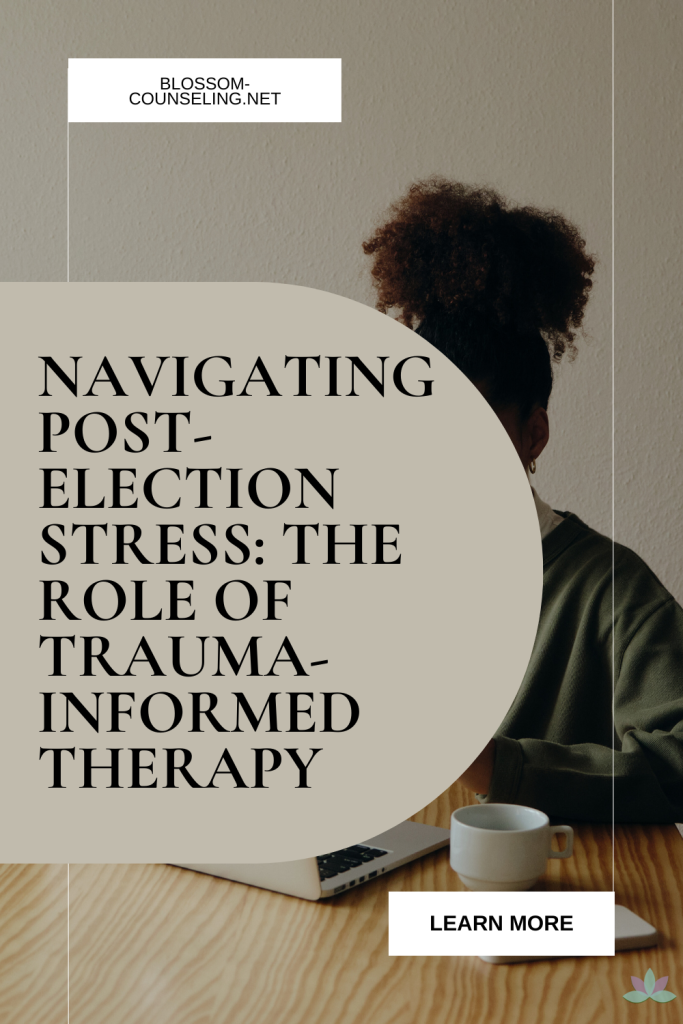
Just because it is not Thanksgiving does not mean we can’t still be grateful! In fact, practicing gratitude has been shown to have many positive effects on overall well-being. Studies have shown that for romantic partners, expressing gratitude to each other leads to higher relationship satisfaction and quality. On an individual level, studies have shown that practicing gratitude leads people to be happier, healthier, and generally more optimistic about life. People who purposefully take time to be grateful for even small things in their day-to-day lives tend to have lower levels of anxiety and depression as well.
This isn’t to say that people who practice daily gratitude don’t have negative things in their life. However, they chose to focus more on the positive things rather than the negative, which helps to deal with the negative more effectively.
What does it mean to practice gratitude? Simply, it is to purposefully take a moment and think about and appreciate what you have, instead of what you don’t. Even something as seemingly small as “the sun was out today” or “I heard my favorite song on the radio this morning” can have a big impact. Focusing on those things, instead of thoughts like “the traffic was so irritating this morning” or “the bakery was out of the treat I really wanted” can help to feel more positive in general. At first it may seem a little silly or trivial, but it is all about retraining the brain to see the good and appreciate it, rather than ignoring or discounting it. Here are some ways to practice integrating gratitude into your daily life:
- If you notice your partner doing something nice or helpful, thank them out loud.
- Think of someone important to you and write them a note of thanks – this could be a friend or family member, or even a small business.
- Pick a number (3 is good to start) and each evening write a few things that happened that day that were nice, positive, happy, or you otherwise appreciated.
- Fun for kids – write 1 good thing on a slip of paper each day and add it to a jar. After a while, take a look back at what everyone was grateful for.
- Journal once or twice a week about a specific thing you are grateful for. Explain in as much detail as you can why it made you grateful. It doesn’t have to be specific to the day – think of a person in your life, something you think is beautiful, something you enjoy, an experience you’ve had, or a hope you have for the future.
Again, the more you practice being grateful each day, the easier and more ingrained it will become! We can even be grateful for the bad days or moments, as they are a reminder that we can learn and grow from those experiences, and they can help the positive moments be even more meaningful.
Our team of compassionate therapists is here to help you find the support you need. We believe in a holistic approach, treating your mind, body, and spirit. With a blend of traditional and alternative therapies, we tailor your experience to meet your unique needs. At Blossom, we create a non-judgmental space where you can be your authentic self. Our goal is to empower you, amplify your strengths, and help you create lasting change. Together, we’ll navigate life’s challenges and help you bloom, grow, blossom! You deserve to become the best version of you.




